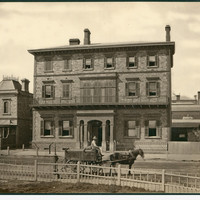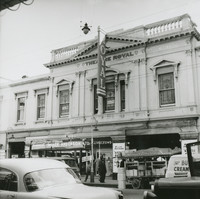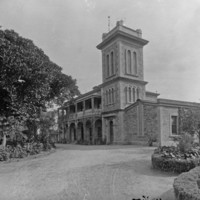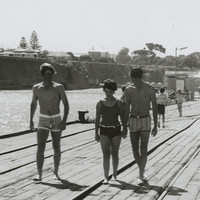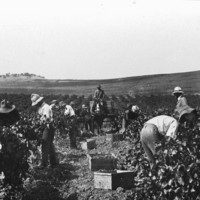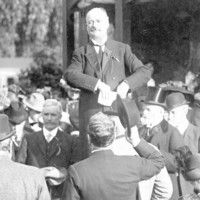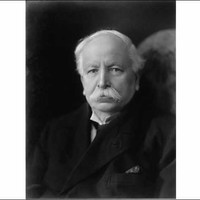Adelaidia
mid nineteenth century
- Remove [facetapi_active:active-value] filter [facetapi_active:active-value]
- Remove [facetapi_active:active-value] filter [facetapi_active:active-value]
- Remove [facetapi_active:active-value] filter [facetapi_active:active-value]
- Remove [facetapi_active:active-value] filter [facetapi_active:active-value]
- Remove [facetapi_active:active-value] filter [facetapi_active:active-value]
[facetapi_results:result-count] items
Pages
- « first
- ‹ previous
- 1
- 2
- 3
